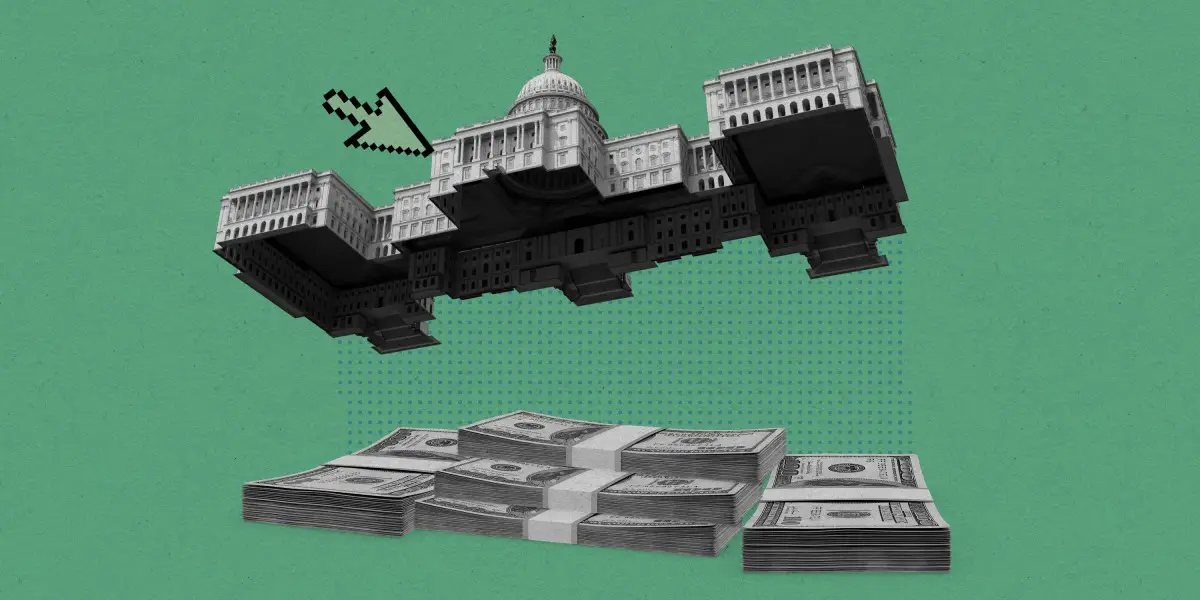Nathan E. Sanders is a data scientist and an affiliate with the Berkman Klein Center at Harvard University. Bruce Schneier is a security technologist and a fellow and lecturer at the Harvard Kennedy School.
Lobbying has long been part of the give-and-take among policymakers and advocates working to balance their competing interests, but some corporate entities are adept at using legal-but-sneaky strategies for tilting the rules in their favor.
AI tools could make these kinds of sneaky strategies more widespread and effective. A natural opening for this technology comes in the form of microlegislation, a term for small pieces of proposed law that cater to narrow interests.
Computer models can predict the likely fate of proposed legislative amendments, as well as the paths by which lobbyists can most effectively secure their desired outcomes, a critical piece of creating an AI lobbyist.
The danger of microlegislation—a danger greatly exacerbated by AI—is that it can be used in a way that makes it difficult to figure out who the legislation truly benefits. Read the full story.
The runway for futuristic electric planes is still a long one
The news: The future of flight just got delayed, for one startup at least. Today Beta Technologies pushed back the debut of its futuristic electric aircraft that can take off and land like a helicopter. Instead, it announced plans to certify a more conventional version of its electric plane by 2025.
Source link











Leave a Reply